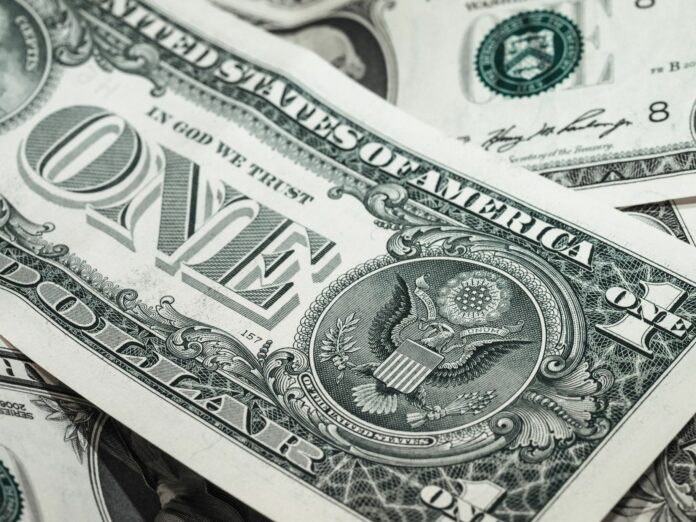COMMENTARY
A recent editorial stated that we are experiencing the biggest economic boom in our history as evidenced by very low unemployment, all-time high stock markets, and Gross National Product (GNP) increasing for 124 straight months. Some people, however, point to the highest level of economic inequality ever.
One statistic claims that the three richest men in America-Jeff Bezos, Bill Gates, Warren Buffet own half of America’s personal wealth. This wealth inequality was then blamed for, among other things, our homeless problem, lack of affordable housing, low percentage of home ownership, etc.
Let’s first do some math. The total quantifiable wealth in the U.S. is made up of the value of the stock market, around $34 trillion; value of all real estate of $33 trillion; value of all bank deposits of about $15 trillion for a total wealth of about $82 trillion. The total Net Worth of the above three gentlemen is about $300 billion. Therefore, their wealth represents about 0.3% of the total wealth in America, a far cry from “half.”
Now, let’s look at the argument that wealth inequality is to blame for the undeniable poverty in the U.S. This negative view is based upon the fallacious assumption that the wealth of a Country is fixed, like an economic pie of a certain size. Hence, it’s argued that if some people get a bigger slice, i.e. get wealthier, the rest of the population gets a smaller piece and, therefore, becomes poorer. That argument is one of the cornerstones of Socialistic thought for which the Government’s remedy is wealth redistribution by many means. However, is the fixed size economy true and in accordance with reality? I don’t think so.
Using a more formal analysis, the concept of a fixed size economy is known as a “zero sum” economy. Although much has been written about it, I believe it was Lester Thurow, economics professor at M.I.T. for many years, who popularized it in his book, The Zero-Sum Society, published in 1980.
There is another and, in my opinion, more valid perspective of Wealth Inequality than the “zero sum” idea. When our GNP grows consecutively for 124 months, and when billions of new wealth are created in the financial markets, it’s the opposite of zero-sum. Growth equals increased wealth! While not everyone prospered equally from that increase, most people had the opportunity to participate in that growth and many did. They benefited in many ways either directly through lower taxes, higher income, better jobs, etc. or indirectly through appreciation in their IRA’s or 401K plans, etc.
In addition, we should look at the fact that the nature of “wealth” is not frozen in time. It’s apparent that the Rockefeller’s, Ford’s and Carnegie’s wealth of a hundred years ago, was virtually all based on labor and physical production. Compare that to the wealth of today’s richest three men in America. The wealth they created in their companies is intangible, intellectual property and based on knowledge. Their wealth increased because millions of people used the services their genius created. As a result, the stock prices of the companies were bid up by investors. That increase in wealth did not come out of the pockets of poorer Americans. Quite the contrary. It created millions of jobs, and therefore wealth, everywhere. Hence, the argument that the gains of technology’s entrepreneurs were other peoples’ loss and made them poorer doesn’t seem logical to me.
To sum up the economic reality of Wealth Inequality, here’s a timeless quote from Winston Churchill: “You don’t make the poor richer by making the rich poorer.”








